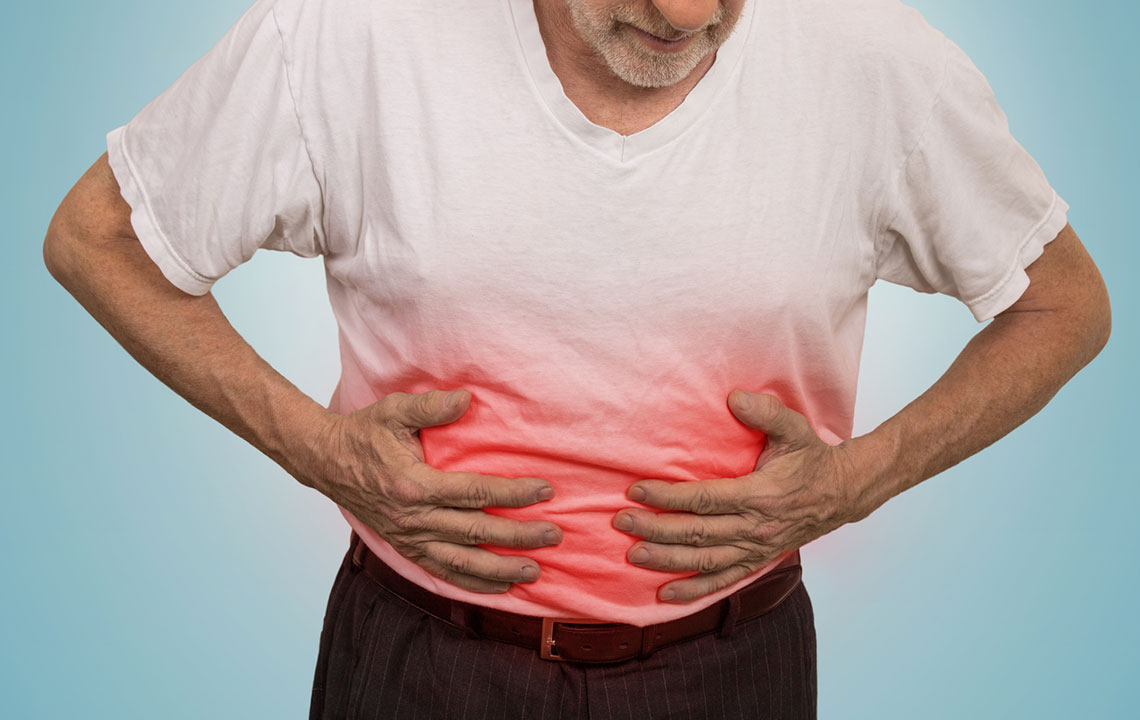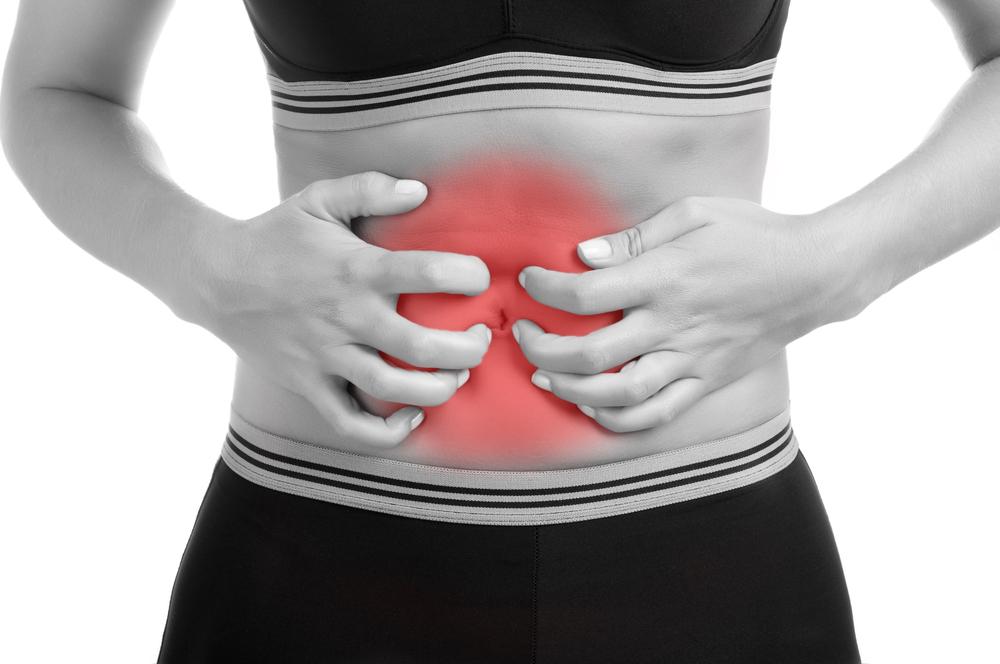Who needs a low FODMAP diet and why?
FODMAPs are small carbohydrates that are found in many food items we eat daily. These carbohydrates do not come under healthy carbohydrates and are poorly absorbed by the small intestine. Due to this poor absorption, many people face various digestive problems.
Not everyone needs a low FODMAP diet as not everyone’s body reacts the same way to these carbohydrates. Some people consume FODMAP food without any digestive problems later while some face issues like indigestion, constipation, or IBS (irritable bowel syndrome).

FODMAP stands for Fermentable Oligosaccharides, Disaccharides, Monosaccharides, and Polylos. There are many foods in which FODMAPs are present in higher quantity and when consumed, contribute to the symptoms of IBS.
FODMAPs do not necessarily cause IBS, but they may trigger the symptoms of the syndrome. When you intake FODMAPs in the form of drinks or food, and when they pass through the large intestine and get poorly absorbed by the small intestine, two things happen: the FODMAPs are fermented in the bowel leading to gas problem and brings water into the bowel troubling the normal bowel movements.
When you are intolerant to these carbohydrates, you may turn to a low FODMAP diet. Many digestive problems can be curbed by a low FODMAP diet. Though a low FODMAP diet has helped people with their IBS symptoms, some call the diet too restrictive. Since this diet improves the quality of life for many people who follow it, people tend to stick to it.
A low FODMAP diet not only solves IBS symptoms but also other digestion and gut related issues in the body. However, a low FODMAP diet does not cut out all FODMAPs from your diet but only reduces the intake through the diet. This is also not a lifestyle. The diet should be followed for 6“8 weeks and not more than that.
Once you decide to go for a low FODMAP diet, don’t do it without consulting a doctor and getting a proper diet planned for you by your dietitian/doctor. Getting professional or medical help to start a new diet is important and shouldn’t be ignored.




